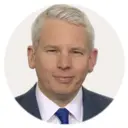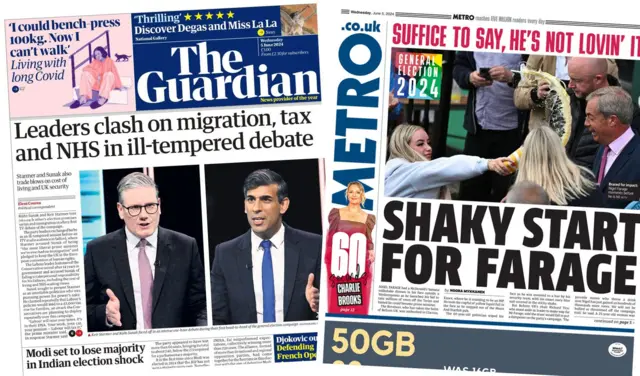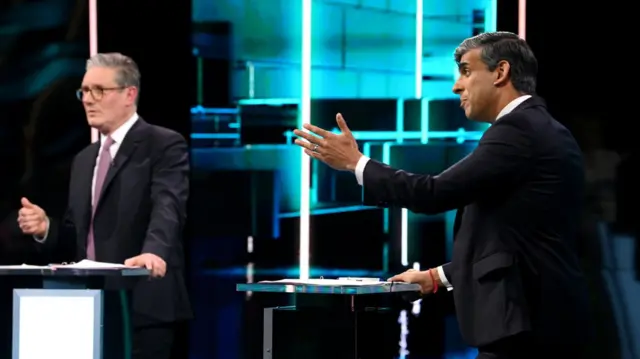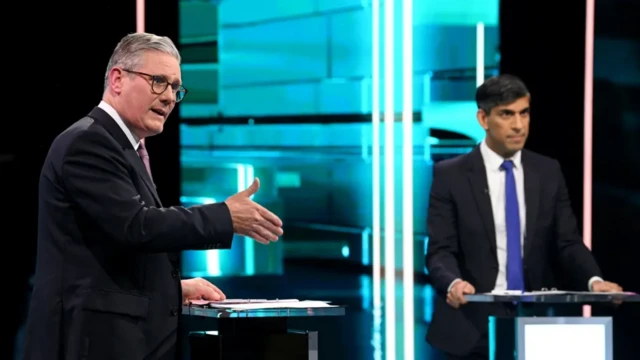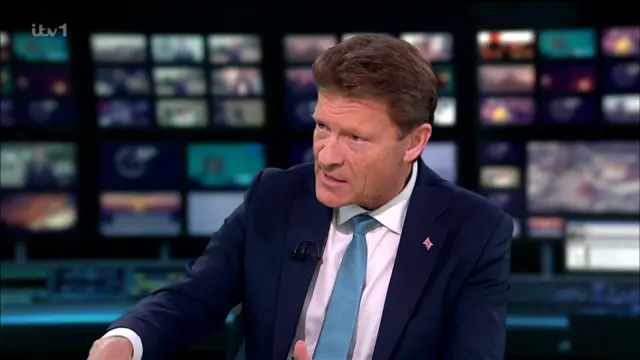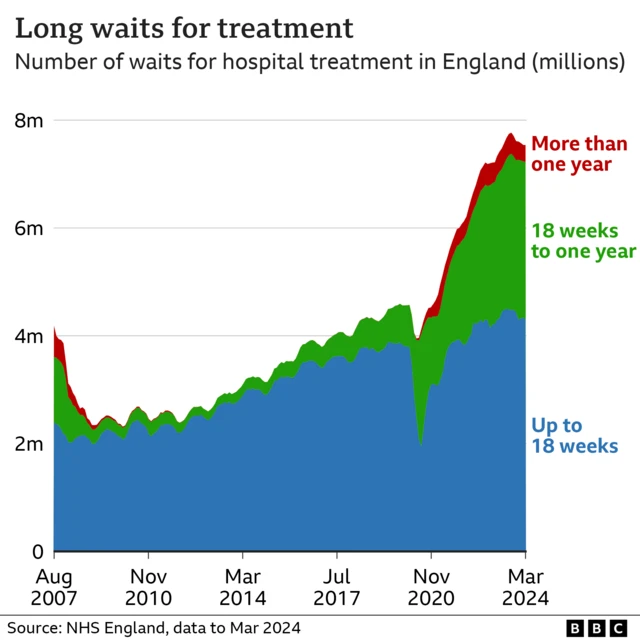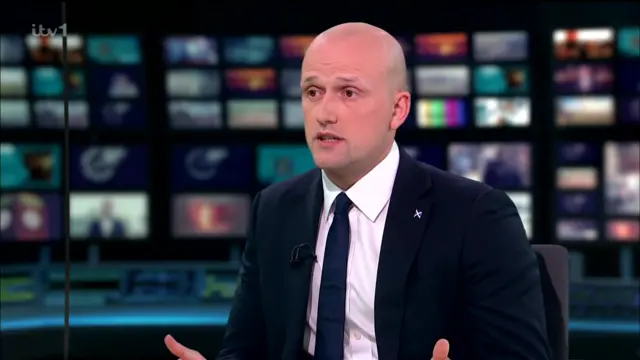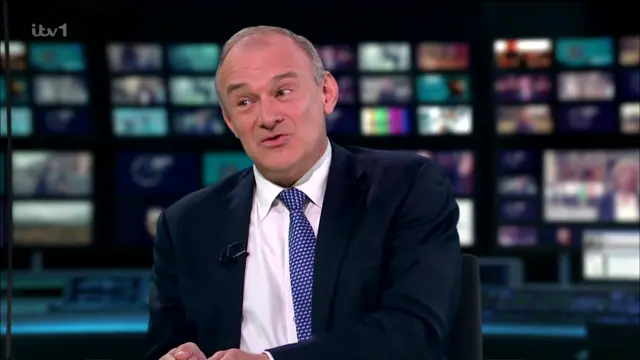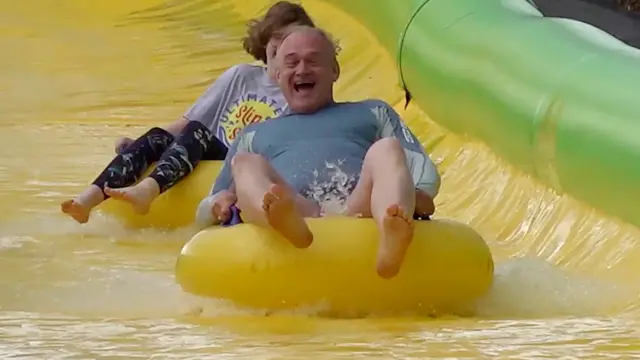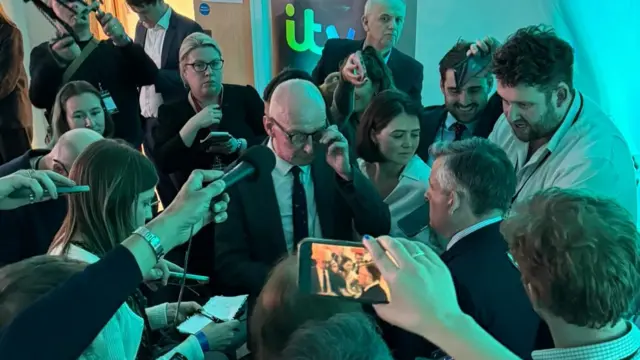A knockout for Sunak, or a draw? Morgan and Lynch have their saypublished at 07:36 BST 5 June 2024
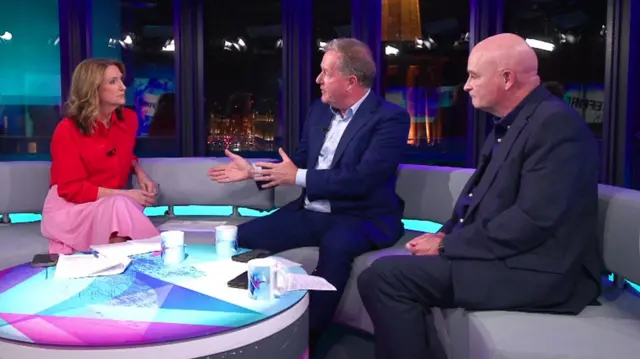
More reaction now to last night's debate.
Speaking to BBC Newsnight, broadcaster Piers Morgan says he thinks Sunak won.
Sunak "didn’t do a knockout punch, he did the jab", Morgan says, saying Sunak jabbed repeatedly with a "very effective" line claiming Labour wants to increase tax by £2,000.
He said Starmer "inexplicably" didn't respond for a long time, and then when he did - calling it "absolute garbage" - "by then I think the damage was done".
General secretary of the Rail, Maritime and Transport union, Mick Lynch, says he thinks it was a draw.
Starmer should have dealt with the £2,000 claim, he says, adding "that is a side effect of not having a bold economic policy".
Nonetheless, Starmer "could have dealt with that in the first 10 seconds" and said it wasn't true, Lynch says, adding "he took a long time to get there, I don't really think he actually rebutted it at all fully, and he should have done".
